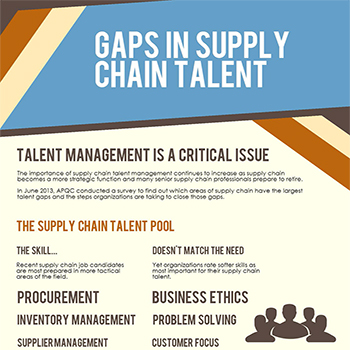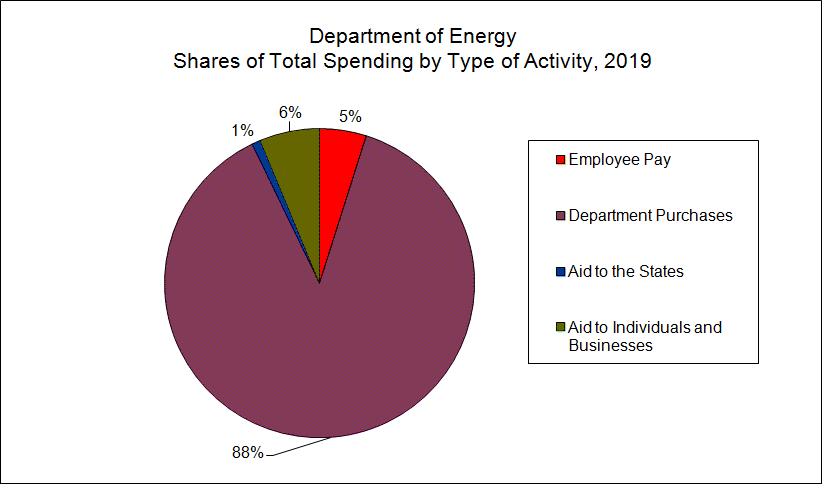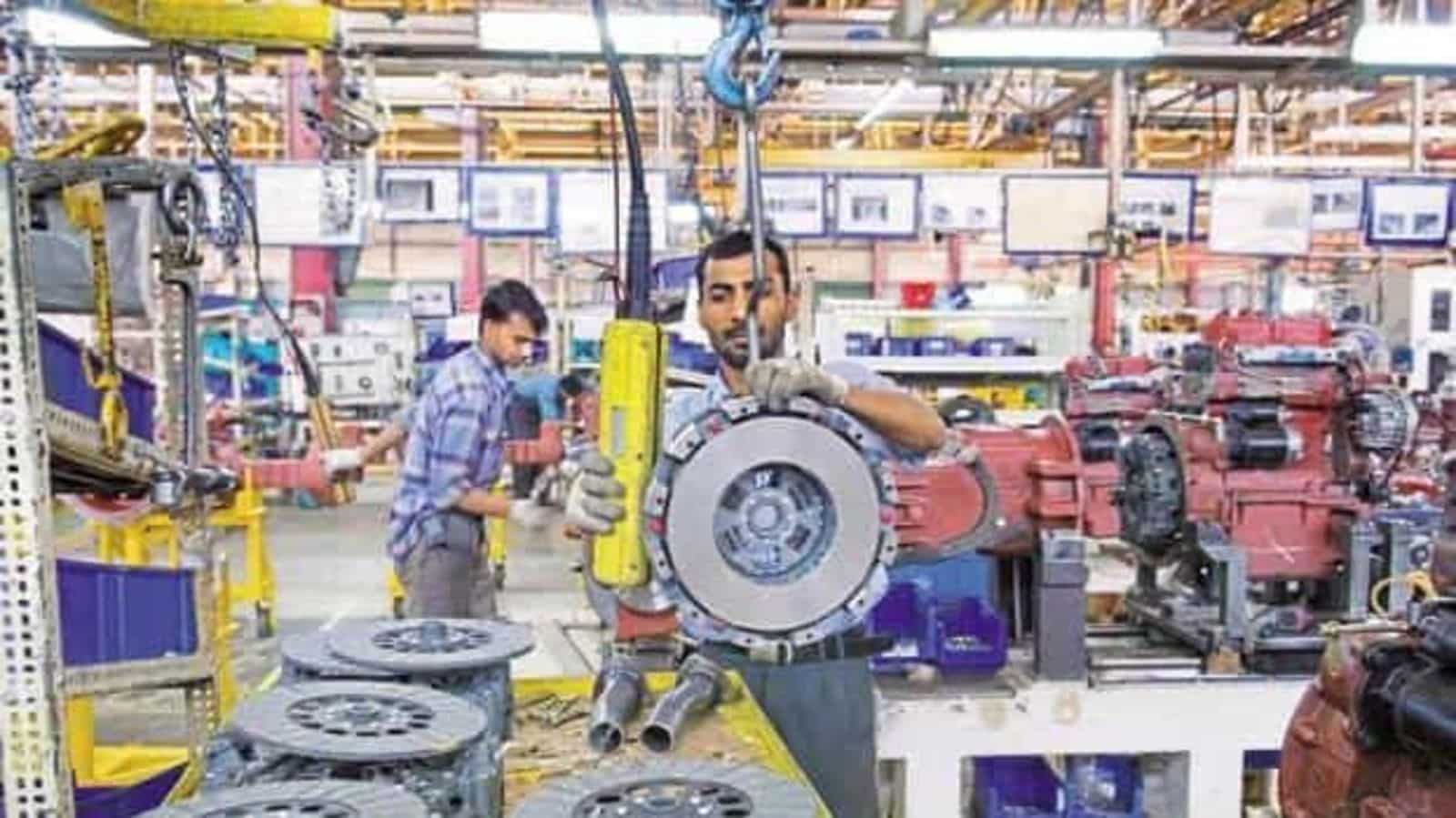
Are you looking to work in the industrial engineering field? Continue reading to learn more about the types of jobs available. This article will talk about the different types of jobs, their average salary and the educational requirements. Also, we'll discuss the skills that are needed and where to look. Next, choose the job that interests you most and apply! Good luck! Good luck!
Job description
An industrial engineer job is not for the faint-hearted. This job involves using engineering principles and technology in order to improve production processes and layouts within companies. This engineer creates analytics and tools to assist companies in monitoring their production costs and schedules. He or she also reviews production data to determine areas for improvement and compiles equipment and material lists, as well as cost analyses, production cost estimations, and purchase orders before implementing new projects.
A degree in mechanical engineering is necessary to be employed as an industrial engineer. A broad understanding of engineering principles and practices is required for this field. Industrial engineers often need to be able to combine their technical knowledge with a deeper understanding of people's capabilities and needs. Industrial engineers must be well organized, be able to use analytical skills and communicate effectively. They are responsible to improve the production processes of businesses and manage warehouses and factories.

Salary range
The starting salary for industrial engineers is around $85,000, but it varies depending on the experience. The starting salary is around $85,000 but can rise to as high as $100,000 depending on experience. The following table lists the salaries of industrial engineers, sorted by their experience. Ventura, California is home to an Entry Level Engineer who can make approximately $86,000 per annum. For an experienced Industrial Engineer, the salary range is $85,000 to $100,000 per year. You can also get hired as a Project Engineer, which typically requires a four-year degree.
The average salary for Industrial Engineers varies depending upon where they are located, their industry and the years of experience. An industrial engineer can earn anywhere from $60,700 up to $140,000 in New York. The upward trend in salaries is difficult to pinpoint, but national averages have increased by over 40 percent in the past 10 years and are expected to continue to rise. Monster's Salary Tool will help you to find out about local salary ranges.
Education is required
Although it is sometimes required to work for government contracts, licensing is not usually necessary for industrial engineers. For entry level positions, industrial engineers do not require licensing. They must have relevant work experience, and a degree from an approved institution to be eligible for professional licensure. Industrial engineers typically work in factories, offices, and labs. Many industrial engineers work in the aerospace and engineering industries, as well as in medical and control instrument manufacturing.
Many industrial engineers decide to intern during college. This allows them to gain valuable experience. Even though entry-level industrial engineering jobs don't typically require professional experience but you can gain additional engineering experience to give your company an edge. If you are interested in working for government agencies or another organization, internships could be a great option. In addition to internships, industrial engineers may also be required to obtain security clearance.

Places
Many industrial engineering jobs are available and highly rewarding. Most entry-level positions in this field involve performing calculations, testing and installing devices, and logging findings. These professionals might also be responsible for developing budgets or tracking metrics. Industrial engineers may need to stand for long periods of work. Industrial engineers should be able communicate effectively. Sometimes, they work under the guidance of more senior engineers.
Industrial engineers help companies create efficient production processes using the most energy and resources. Their main objective is to reduce production costs and ensure maximum labor efficiency. Industrial engineers work in factories and offices. Their main goal is to improve the operations of businesses. For entry-level positions within industrial engineering, you will need a bachelor's in industrial or related engineering. According to the Bureau of Labor Statistics, the median salary of industrial engineers will be $95,300 in 2021.
FAQ
Is it necessary to be familiar with Manufacturing Processes before we learn about Logistics.
No. No. Knowing about manufacturing processes will help you understand how logistics works.
What are the responsibilities for a manufacturing manager
A manufacturing manager must ensure that all manufacturing processes are efficient and effective. They should be alert for any potential problems in the company and react accordingly.
They should also be able and comfortable communicating with other departments like sales and marketing.
They should also be knowledgeable about the latest trends in the industry so they can use this information for productivity and efficiency improvements.
What is the importance of automation in manufacturing?
Automating is not just important for manufacturers, but also for service providers. It enables them to provide services faster and more efficiently. It helps them to lower costs by reducing human errors, and improving productivity.
What is the difference between Production Planning, Scheduling and Production Planning?
Production Planning (PP), also known as forecasting and identifying production capacities, is the process that determines what product needs to be produced at any particular time. This is done through forecasting demand and identifying production capacities.
Scheduling involves the assignment of dates and times to tasks in order to complete them within the timeframe.
Statistics
- According to the United Nations Industrial Development Organization (UNIDO), China is the top manufacturer worldwide by 2019 output, producing 28.7% of the total global manufacturing output, followed by the United States, Japan, Germany, and India.[52][53] (en.wikipedia.org)
- [54][55] These are the top 50 countries by the total value of manufacturing output in US dollars for its noted year according to World Bank.[56] (en.wikipedia.org)
- Many factories witnessed a 30% increase in output due to the shift to electric motors. (en.wikipedia.org)
- According to a Statista study, U.S. businesses spent $1.63 trillion on logistics in 2019, moving goods from origin to end user through various supply chain network segments. (netsuite.com)
- It's estimated that 10.8% of the U.S. GDP in 2020 was contributed to manufacturing. (investopedia.com)
External Links
How To
How to Use 5S for Increasing Productivity in Manufacturing
5S stands for "Sort", 'Set In Order", 'Standardize', & Separate>. Toyota Motor Corporation invented the 5S strategy in 1954. This methodology helps companies improve their work environment to increase efficiency.
This method aims to standardize production processes so that they are repeatable, measurable and predictable. Cleaning, sorting and packing are all done daily. These actions allow workers to perform their job more efficiently, knowing what to expect.
Implementing 5S requires five steps. These are Sort, Set In Order, Standardize. Separate. And Store. Each step has a different action and leads to higher efficiency. You can make it easy for people to find things later by sorting them. You arrange items by placing them in an order. Next, organize your inventory into categories and store them in containers that are easily accessible. Labeling your containers will ensure that everything is correctly labeled.
Employees will need to be more critical about their work. Employees need to understand the reasons they do certain jobs and determine if there is a better way. To be successful in the 5S system, employees will need to acquire new skills and techniques.
In addition to improving efficiency, the 5S system also increases morale and teamwork among employees. They are more motivated to achieve higher efficiency levels as they start to see improvement.